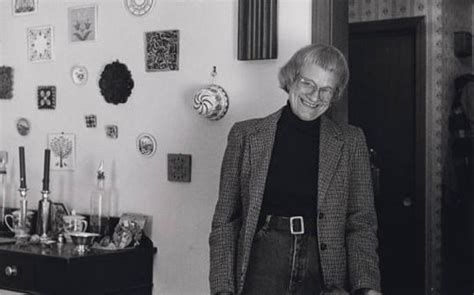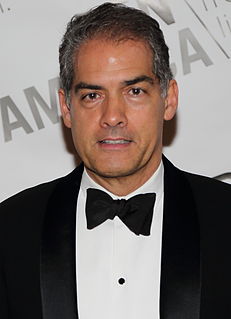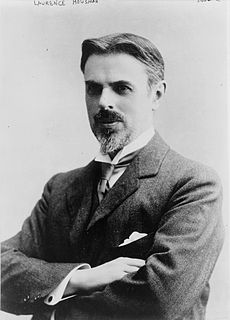A Quote by John Boyne
I think that books for young people should have serious and important themes, they shouldn't be trivial. So the books I write, they would be the kind of stories you would write in an adult novel only they just happen to feature a child at the center of them.
Related Quotes
I write for young people because I like them and because I think they are important. Children's books can be mind-stretchers and imagination-ticklers and builders of good taste in a way that adult books cannot, because young people usually come to books with more open minds. It's exciting to be able to contribute to that in a small way.
The people who review my books, generally, are kind of youngish culture writers who aspire to write books, or write opinion pieces about what they think of Neil Young, or why they quit watching ER or whatever. And because of that, I think there's a lot of people who write about my books with the premise of, "Why this guy? Why not me?"
I don't change the language for children books. I don't make the language simpler. I use words that they might have to look up in the dictionary. The books are shorter, but there's just not that much difference other than that to be honest. And the funny thing is, I have adult writer friends [to whom I would say], "Would you think of writing a children's book?" and they go, "No, God, I wouldn't know how." They're quite intimidated by the concept of it. And when I say to children's books writers, would they write an adult book, they say no because they think they're too good for it.
The age of the book is not over. No way... But maybe the age of some books is over. People say to me sometimes 'Steve, are you ever going to write a straight novel, a serious novel' and by that they mean a novel about college professors who are having impotence problems or something like that. And I have to say those things just don't interest me. Why? I don't know. But it took me about twenty years to get over that question, and not be kind of ashamed about what I do, of the books I write.
In terms of the economics, yes obviously the rise of e-books and how people choose to read books has a big effect on the economics of the game. But whether people are buying them on paper or downloading them there's still some poor wretch in a room who is trying to write a poem, write a story, write a novel. And so my job doesn't change. It's just how people receive it and economic conditions on the ground change, but that doesn't affect what I write.
I've published over 100 books - and that is divided about 50/50 adult and young adult. Lately, I have been writing more YA, which is such a great genre to write it. I don't have a favourite (I usually say it's the last book I've written), but certain books do stick in the mind. My very first YA novel, The Children of Lir, will always be special to me, and, of course The Alchemyst because it was a series I'd wanted to write for ages.
The young adult literature is relatively new - it just kind of exploded in the 2000s. When I grew up, there weren't bookstores with sections dedicated to teen lit, nor was my generation raised reading books written specifically for us. Because of that, today we still think of books for teens as children's books and so when you write a book that includes sensitive topics, it just seems even more controversial. What's troubling to me about that is these are issues adults know that teens deal with. Not writing about them makes them something we don't, or can't talk about.
I vowed to myself that when I grew up and became a theoretical physicist, in addition to doing research, I would write books that I would have liked to have read as a child. So whenever I write, I imagine myself, as a youth, reading my books, being thrilled by the incredible advances being made in physics and science.
When you realize my best selling books are 'Owl Moon,' the 'How Do Dinosaur' books, and 'Devil's Arithmetic,' how can the public make sense of that! I have fans who think I only write picture books or only write SF and fantasy. I have fanatics of my poetry and are stunned to find out I write prose, too!
I want to see children curled up with books, finding an awareness of themselves as they discover other people's thoughts. I want them to make the connection that books are people's stories, that writing is talking on paper, and I want them to write their own stories. I'd like my books to provide that connection for them.






































